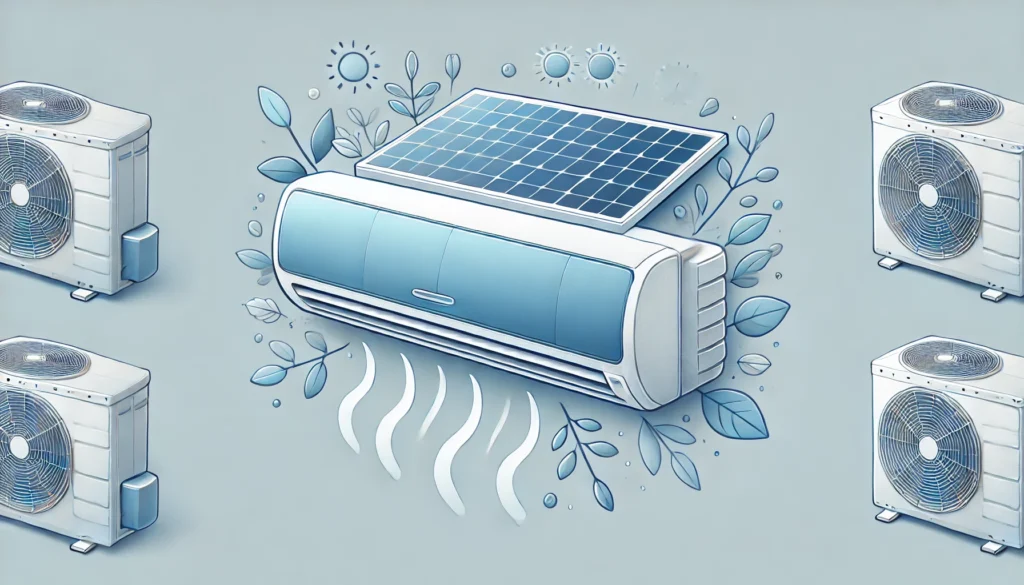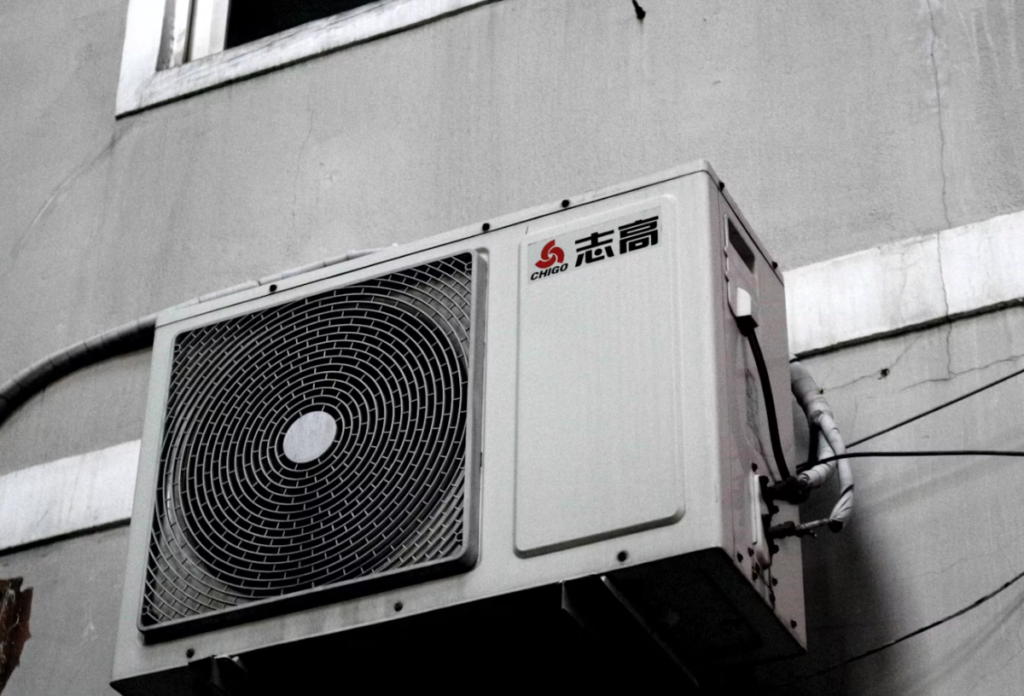Understanding the Facts and Avoiding Misinformation in the A2L-Transition Process
In times of global warming and climate change, every effort to help the environment matters — even in areas we may not initially consider. ACs and HVAC systems are significant contributors to greenhouse gas emissions, especially in regions like Destin and Miramar Beach, where air conditioning is essential due to the Floridian weather.
But this is not going unnoticed. New laws are pushing companies to shift toward more eco-friendly refrigerants like A2Ls. This legislation is driving a major change in the HVAC industry, ensuring that refrigerants like A2Ls are safer for the environment and comply with updated regulations.
However, there’s a lot of confusion about whether to choose A2L, R410A, or Freon, often due to misinformation. This has left many homeowners and business owners uncertain about the A2L transition.
At Quality Air, we’re committed to providing accurate information. Our goal is to clear up any confusion, helping people in Destin and Miramar Beach make informed decisions when choosing between these refrigerants.
Let’s dive in and separate fact from fiction!

Understanding A2L Refrigerants: A New Era in HVAC
What is A2L?
A2L refers to a class of refrigerants that are mildly flammable and have low toxicity. Unlike older refrigerants, A2L gases have a significantly lower Global Warming Potential (GWP), making them a more environmentally responsible choice. Popular A2L refrigerants include R32, R454B, and R452B. The shift to A2Ls is simple: they are less harmful to the environment compared to older refrigerants like R410A or Freon (R22), making them the preferred option as stricter environmental regulations are introduced, such as the American Innovation and Manufacturing (AIM) Act.
Why is the Transition Happening?
The AIM Act, passed in 2020, mandates industries like HVAC to reduce the use of high-GWP refrigerants by 85% by 2036. As part of this initiative, starting in January 2025, new HVAC systems in the U.S. must use refrigerants with a GWP of 750 or less, including A2Ls.
For homeowners and business owners in Florida, this transition may seem confusing, but HVAC companies in Destin and Miramar Beach are already preparing by offering A2L-compliant systems that meet the new standards while ensuring comfort in Florida’s demanding weather.

The Differences: A2L vs R410A and Freon
R410A: The Current Standard
R410A is the most common refrigerant used in air conditioning systems today. Although it doesn’t deplete the ozone, it has a high GWP of 2088, making it a target for phase-out.
Key facts about R410A:
- Widely used in current air conditioning systems.
- Non-ozone-depleting, but with a high GWP.
- Requires high operating pressures compared to older refrigerants.
- Being phased out in favor of lower-GWP refrigerants like A2Ls.
Freon (R22): Phasing Out a Past Technology
Freon (R22) is an older refrigerant that has been mostly phased out due to its high ozone depletion potential. The production of new R22 systems has stopped since 2010, and only recycled or reclaimed R22 is available for servicing existing systems.
Key facts about Freon (R22):
- High ozone depletion potential and high GWP.
- No longer in production for new equipment.
- Only reclaimed or recycled R22 is available for existing systems.
A2L Refrigerants: The Future of HVAC
A2Ls are designed to address the environmental concerns associated with older refrigerants like R410A and R22. While A2Ls are mildly flammable, they are safe when installed by trained professionals. Most importantly, A2Ls offer a much lower GWP, helping reduce the overall climate impact of cooling systems.
Key facts about A2Ls:
- Mildly flammable with low toxicity.
- Much lower GWP than R410A or R22.
- Examples include R32, R454B, and R452B.
- Require some modifications to HVAC system designs for safe use.
For homeowners and business owners in Destin and Miramar Beach, it’s essential to choose an efficient refrigerant, especially given the region’s extreme heat and humidity.
Local HVAC professionals like us at Quality Air are ready to guide you through the transition to A2Ls, ensuring comfort and energy efficiency.
The Impact of Floridian Weather on HVAC Choices
Why Does Floridian Weather Matter?
Florida’s high humidity and heat create unique challenges for HVAC systems. Whether you live in Destin, Miramar Beach, or elsewhere in Florida, your air conditioning system works harder to maintain a comfortable indoor temperature.
Older refrigerants like R410A and Freon may not perform as efficiently in these conditions compared to the newer A2L refrigerants. A2L refrigerants are designed to handle these higher temperatures with greater efficiency, making them a good choice for Florida’s climate. Their lower GWP also makes them an eco-friendly choice for Floridian homes and businesses.
Why Fixing Misinformation is Important for the A2L Change
A new type of cooling system, A2L, is coming soon, but some people are spreading misinformation that is causing unnecessary concern. It’s important to set the record straight.
What’s Wrong with What People Are Saying?
Recently, someone wrote to Congress with claims about A2Ls that were mostly incorrect. Here are a few of the wrong ideas they shared:
- Wrong Idea: A2Ls contain dangerous chemicals like methane and propane that could leak into homes.
Truth: A2Ls don’t use methane or propane. They use different, safer chemicals. Even if there’s a leak, it’s no more dangerous than current refrigerants. - Wrong Idea: A2L systems are less efficient, and homes might need larger cooling systems.
Truth: A2L systems can actually be just as efficient—if not more efficient—than current systems. The size of your system doesn’t need to change just because of the new refrigerant.
Why Clear Information is Important
This misinformation shows just how important it is to provide accurate information. If people don’t have the facts, they might worry needlessly or switch to less effective refrigerants. Accurate details will ensure the A2L transition goes smoothly and efficiently.

Preparing for the Future: The HVAC Transition in Florida
What to Expect in 2025
Beginning in January 2025, new HVAC systems installed in the U.S. must use refrigerants with a GWP of 750 or less, such as A2Ls. While existing systems using R410A or Freon can still be serviced, they won’t be available for new installations. For homeowners and businesses in Destin and Miramar Beach, it’s important to stay ahead of the curve by upgrading to A2L-compliant systems now.
Why You Should Switch Now
- Energy Efficiency: A2L refrigerants are more efficient in Florida’s climate, which could help reduce your energy bills.
- Environmental Responsibility: Switching to A2Ls helps lower your carbon footprint and supports climate change efforts.
- Future-Proofing: By upgrading now, you’ll avoid the rush of last-minute replacements as the regulations come into effect.
Professional Help for Choosing the Right Refrigerant for Your HVAC System
As the HVAC industry in Destin and Miramar Beach prepares for the A2L transition, it’s important for homeowners and businesses to be informed.
The move from R410A and Freon to A2Ls isn’t just a regulatory requirement — it’s an opportunity to choose a more efficient, eco-friendly refrigerant that can handle Florida’s unique conditions.
By understanding the differences between A2L, R410A, and Freon, and working with local HVAC professionals like us, you can make the best choice for your home or business while helping protect the environment.
Need Help with Choosing the Right Refrigerant?
Reach out to us, and we’ll guide you through every step of the process. Whether you’re considering switching to A2L refrigerants or simply want expert advice on your HVAC system, our team is here to ensure you make the best choice for your home or business. Let’s future-proof your cooling system and keep your space comfortable and efficient!
